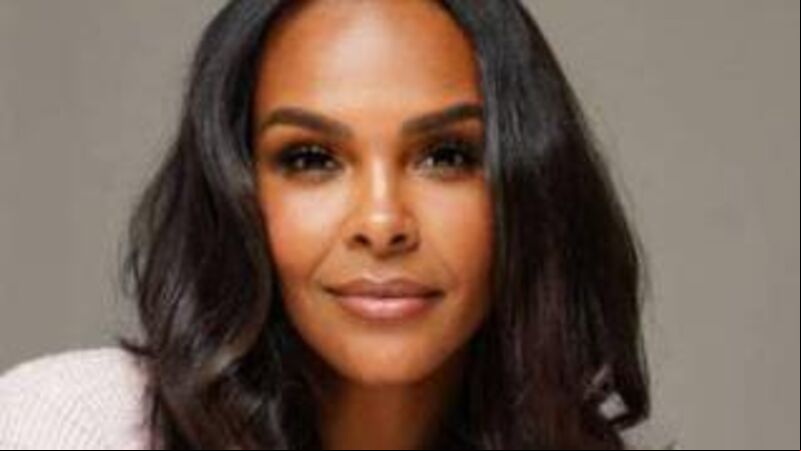Six singers battle to fly Irish flag at Eurovision

Six acts have been chosen to take part in the sing-off on The Late Late Eurosong Special, hosted by Patrick Kielty, on RTÉ1 on Friday at 9.35pm.
After years of failure, Macroom singer Bambie stopped the rot last year, coming sixth with Doomsday Blue - Ireland’s highest position since 1997.
The winning Irish act next week will be hoping to build on that, when they head to Basel in Switzerland in May for the 69th edition of the song contest.
The acts include well-known singer-songwriter Samantha Mumba, who shot to fame at 17 when her debut single, , went top five in Ireland, the UK and US.
Her eponymous debut album sold more than four million copies worldwide.
Mumba’s Eurosong entry is entitled My Way, and bookies have installed her as favourite.
Bobbi Arlo, of Wicklow, has entered with the song Powerplay. Her sound has been described as “vibrant and enigmatic”, drawing inspiration from artists like Shygirl and Sega Bodega. Her anthemic track, Feel It, was nominated for Song of the Year at the RTÉ Choice Music Awards.
Reylta is a singer-songwriter who has been hailed as “Galway’s Alt Folk Queen”. Her music blends bitter-sweet melodies with a layered, alternative edge.
Rooted deeply in Irish tradition and heritage, her music contains poetic lyrics, lush string arrangements, and evocative harmonies.
Donegal singer Adgy appeared on Eurosong in 2023 and is a prolific songwriter with more than 12 million streams, a deal with Universal Music Group, and a publishing deal with Spirit BMG under his belt. Adgy draws inspiration from his roots in the Donegal Gaeltacht.
Next up is Norwegian singer EMMY with her song, Laika Party. The 24-year-old has 1.2 million followers on TikTok and has been working with big artist producers, such as K-391 and Braaheim.
The final act is Limerick- born NIYL with the song Growth. A lyricist who draws inspiration from his upbringing in the west of Ireland and the dramatic coastal landscapes, NIYL aims to shed light on the challenges and thrills that come with being ‘queer’.
All six will perform their song live in the studio, and the winner will be chosen by a combination of National Jury, International Jury, and public vote.
They were selected from hundreds of entries received by RTÉ.
Despite years of poor showings at Eurovision, compared to the halcyon days of the 1980s and ’90s, Ireland has a t record seven wins.






